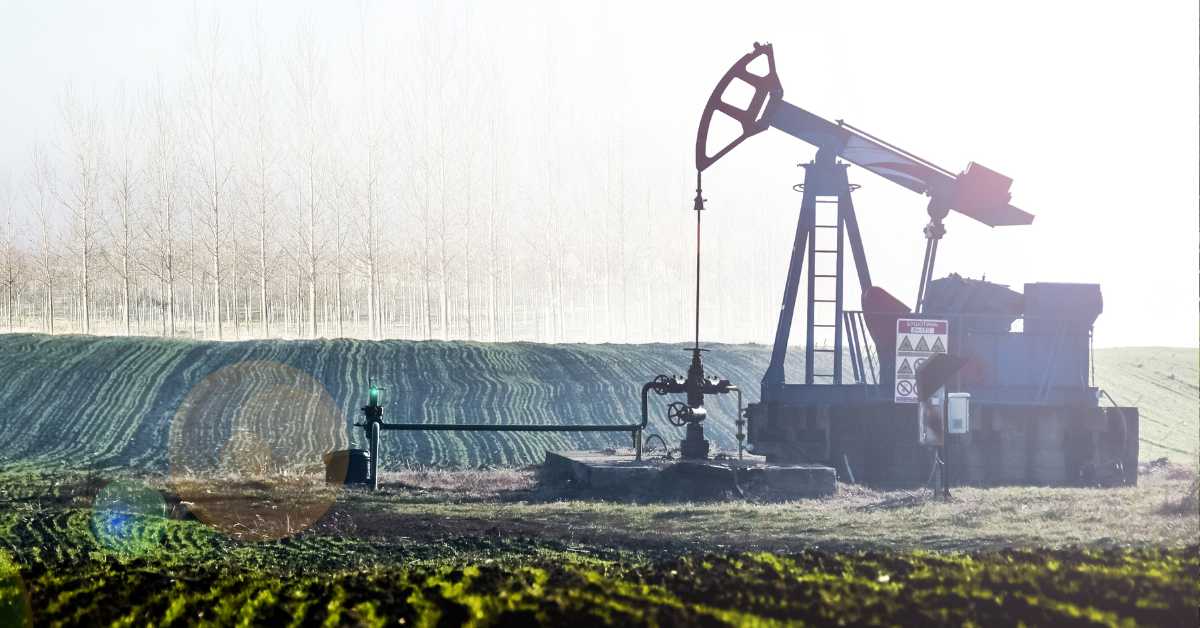I Was Injured in the Oilfield – What Are My Options for Seeking Compensation?

Oilfield work can be physically demanding, hazardous, and life-changing when something goes wrong. If you’re dealing with the aftermath of an oilfield injury, you’re likely facing more than physical pain. You might be missing work, watching the bills stack up, and wondering who’s responsible for helping you recover, not just medically, but financially.
At Fadduol, Cluff, Hardy & Conaway P.C., we’ll clarify your options, help you understand your rights, and take steps to protect you long before any formal case begins.
Oilfield Injury Compensation: What You Should Know First
Oil companies and contractors know the risks involved in the work. That’s why most of them carry insurance for injury claims. But just because there’s coverage doesn’t mean it’ll be easy to access. Some injured workers think their only option is to file a workers’ compensation claim. While that might be a starting point, it’s not the whole picture.
If a third party caused the accident, like a subcontractor who failed to follow safety protocols, you may have a separate personal injury claim outside of workers’ comp. For example, if a piece of equipment malfunctioned due to a design or manufacturing flaw, there may be grounds to file a claim against the manufacturer.
An experienced Texas oilfield injury attorney will evaluate every angle, including the possibility of unsafe working conditions, ignored complaints, or improper training. We’ll pursue every available source of compensation.
Why Timing Affects Your Financial Recovery
Oilfield injuries don’t happen in a vacuum. They often result from months or years of neglected maintenance, rushed timelines, or skipped safety checks. But the clock doesn’t slow down for you when you’re injured. In fact, some companies move quickly to protect themselves.
Insurance investigators may ask questions that seem casual but are designed to trip you up. Supervisors might encourage you to keep things quiet or avoid “making trouble.” Meanwhile, physical evidence can disappear, memories fade, and key witnesses become harder to reach. An oilfield injury lawyer will step in early, speak on your behalf, and preserve information that could be critical to your case. That’s one of the most important ways we protect our clients from the start.
In Texas, the time limit to file an injury claim is generally two years from the date of the incident. But waiting until the end of that window can limit your options. The sooner we’re involved, the more strategic we can be in building your case.
How a Lawyer Will Approach Your Case Differently Than You Might Expect
Legal help isn’t just about filling out paperwork or appearing in court. It’s about shaping your case to be taken seriously from the start. When you work with an attorney from FCHC Law, we’ll begin by asking questions most people don’t think to ask. Who oversaw the equipment that failed? Were safety inspections skipped? Was the crew properly trained, or were people placed in roles they weren’t qualified to handle?
If it turns out your employer cut corners or violated industry standards, we’ll make that negligence the centerpiece of your claim. We’ll also bring in professionals who understand oilfield operations to evaluate what happened and explain it clearly so that a jury or insurance adjuster will understand.
What You Might Not Know About Workers’ Compensation and Oilfield Injuries
Workers’ comp is supposed to offer quick relief to injured employees, but it often falls short, especially when you’ve suffered a serious injury that affects your long-term ability to work. You might be offered limited medical care, denied ongoing treatment, or pressured to return to work too soon. If that happens, an oilfield injury lawyer from our team will challenge those decisions and push for better outcomes.
Sometimes, you may not even be classified as an “employee” but as an independent contractor. That can affect your eligibility for traditional benefits. But it doesn’t mean you’re out of options.
We’ll review your working relationship and employment documents to see if your classification was appropriate or if you’ve been misclassified. If your injury stems from negligence, mismanagement, or faulty equipment, you may still be able to pursue oilfield injury compensation beyond the limits of a basic benefits claim.
Getting Legal Support That Moves at Your Pace
At Fadduol, Cluff, Hardy & Conaway P.C., we take the time to understand the person behind the injury. That includes listening to what your recovery really looks like – not just on paper but in your everyday life. We’re not just focused on compensation. We’re focused on what that compensation allows you to do: pay your bills, focus on your health, and move forward.
Schedule your case review with an experienced Texas oilfield injury attorney by using our online form or calling 800-433-2408.
Frequently Asked Questions (FAQ):
Q: What should I do immediately after an oilfield injury to protect my claim?
A: Seek medical attention, document the scene, and contact an attorney as soon as possible to preserve evidence and protect your rights.
Q: Can I file a personal injury claim in addition to workers’ compensation for an oilfield injury?
A: Yes, if a third party, such as a subcontractor or equipment manufacturer, contributed to the accident, you may have grounds for a separate personal injury claim.
Q: How does timing affect my oilfield injury compensation claim?
A: Early legal intervention is crucial to investigate the incident, gather evidence, and prevent companies from protecting themselves at your expense.
